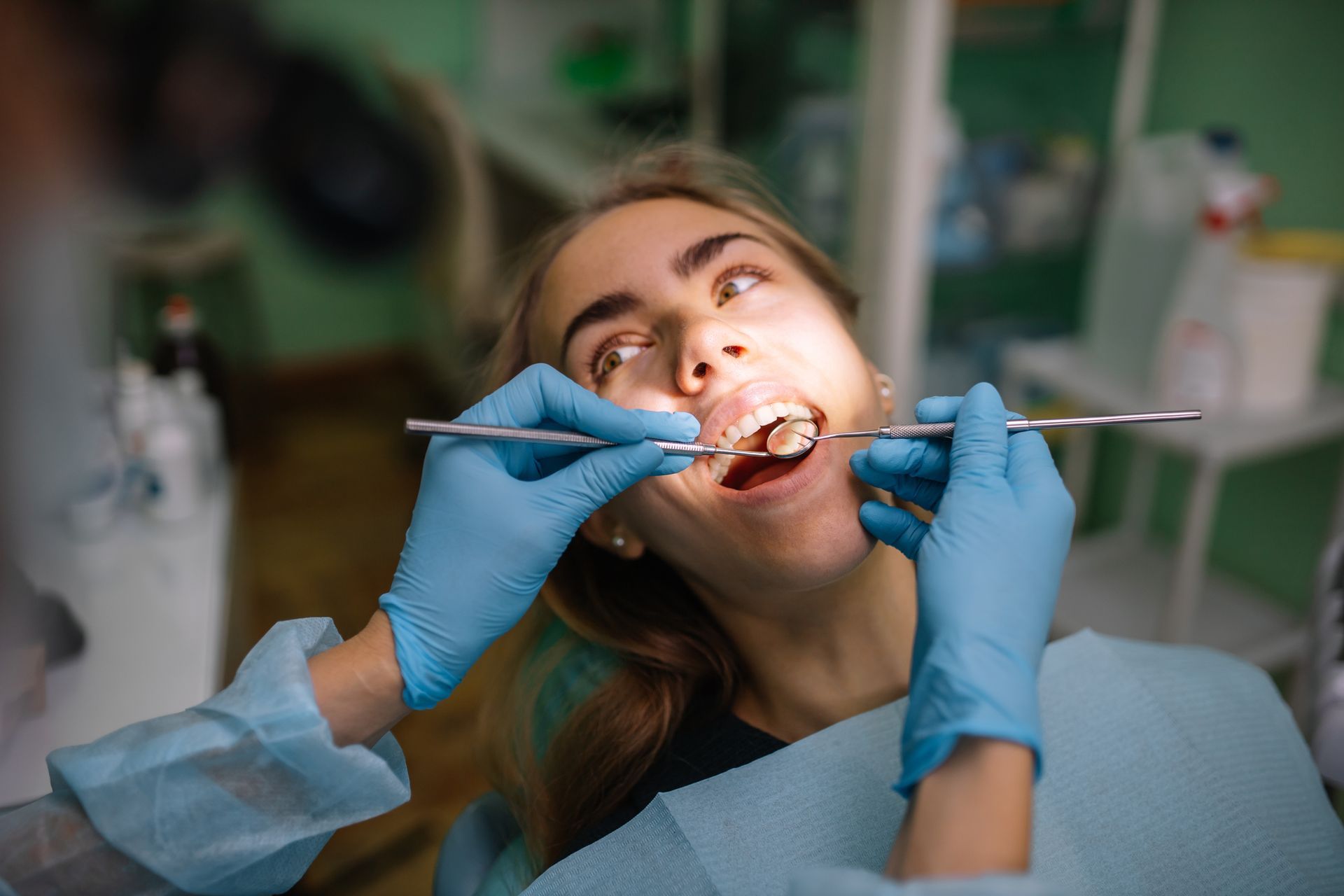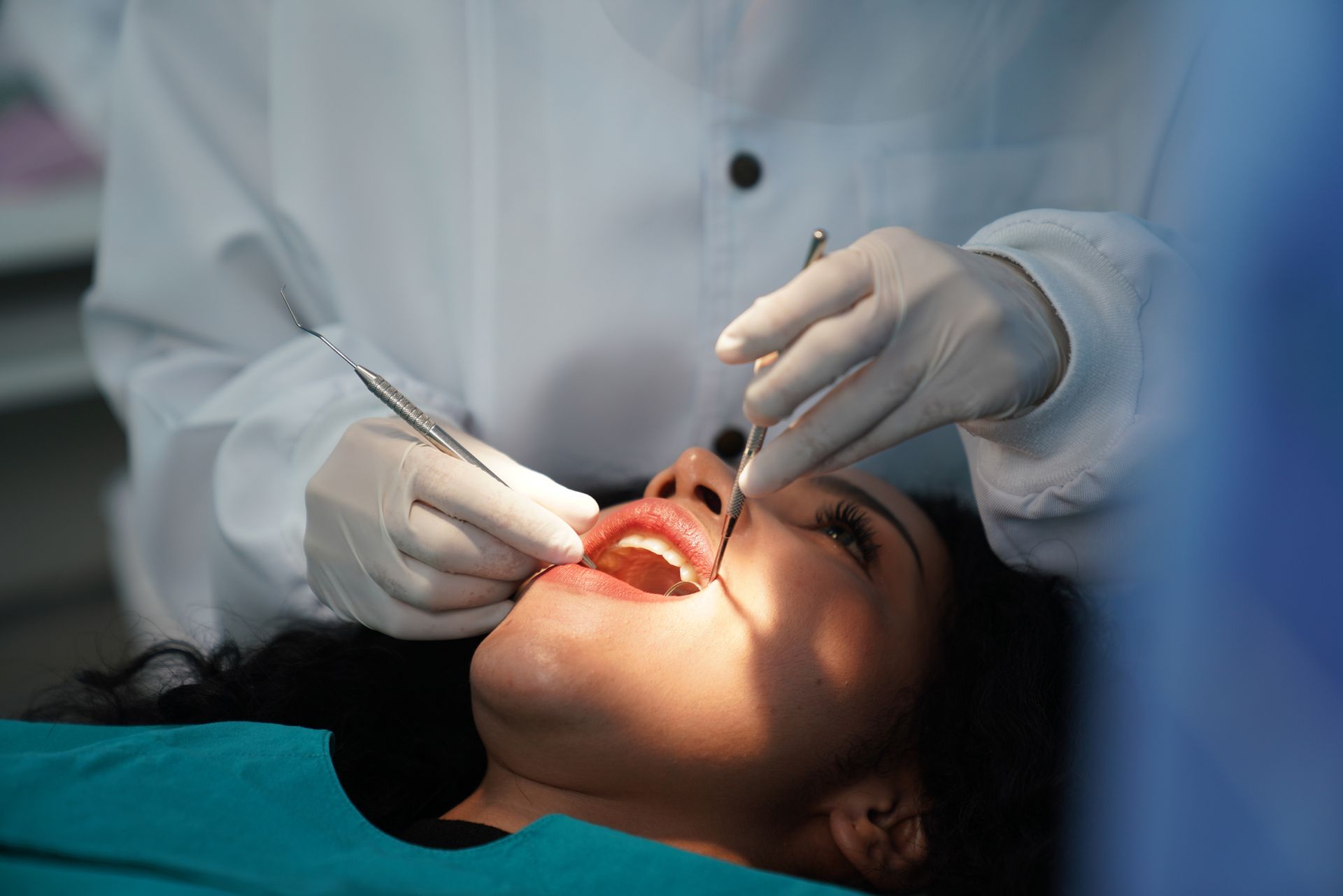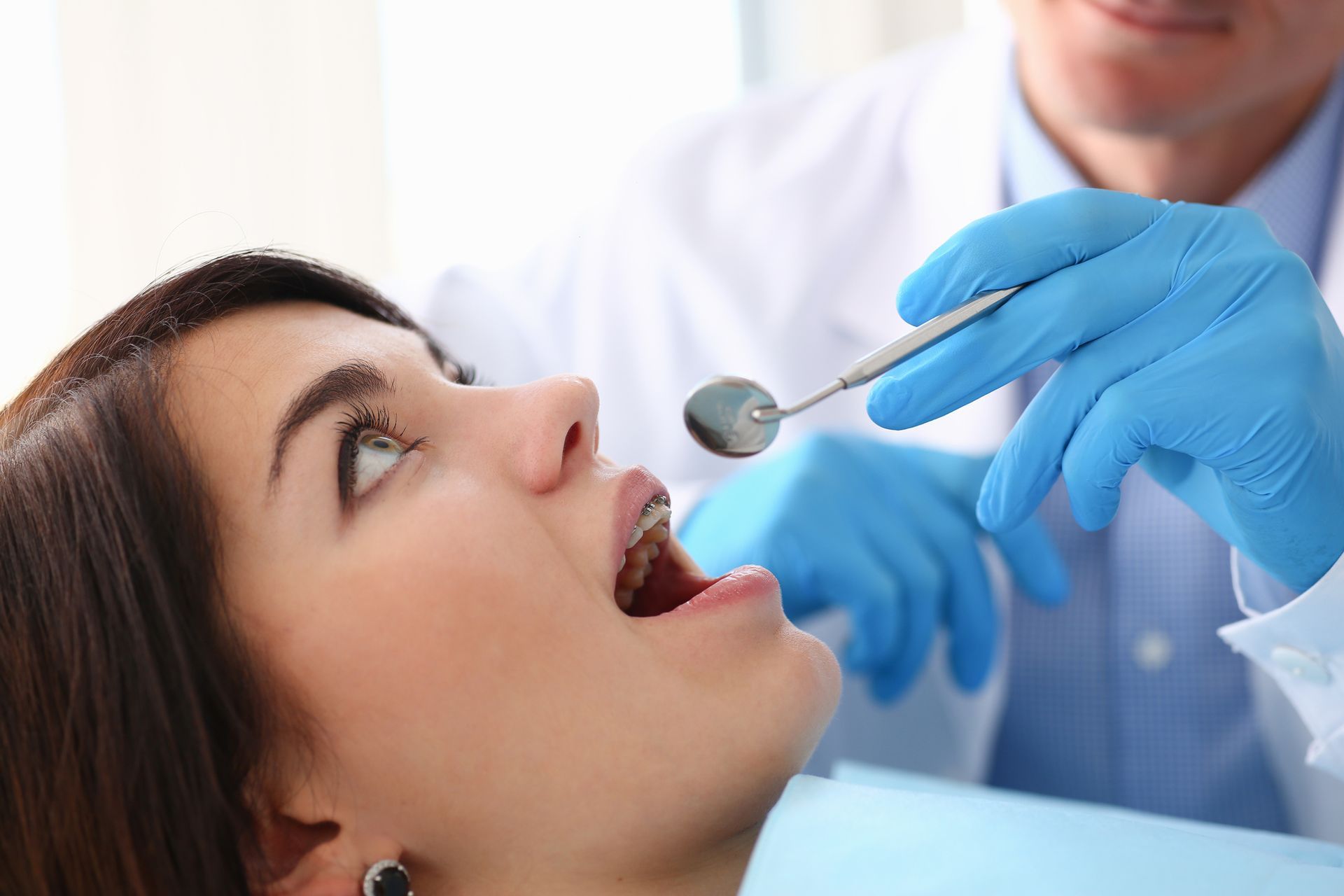The Art of Instilling Good Oral Hygiene in Your Child
As a parent, you're not just raising the next generation; you're sculpting the future of their well-being. Among the many life skills you impart, oral hygiene is one that carries immense importance but can be challenging to instill.
Here’s how you can ensure your child develops and maintains a lifelong habit of good teeth brushing—an accomplishment that resonates far beyond a bright smile.
The Building Blocks of Brushing
Start Young for Long-Term Tooth Health
Good oral hygiene starts before the first tooth even appears. Wiping your infant’s gums with a clean, moist gauze pad or washcloth twice a day, especially after feeding, helps establish a daily cleaning routine early on. Once their first tooth erupts, the time has come for that first, gentle, fingers-only introduction to brushing.
Choosing the Right Toothbrush
Selecting the correct toothbrush for your child can make all the difference in their comfort. A child-sized soft-bristled toothbrush with their favorite cartoon character can turn what may seem like a chore into an endearing daily ritual.
Introduce the Right Toothpaste at the Right Time
When your child is able to spit, typically around the age of three, it's time to introduce toothpaste. A child-safe fluoride toothpaste in a pea-sized portion is all they need to help prevent cavities.
Developing a Routine That Sticks
Create a Consistent Schedule
Consistency is key when teaching children about the importance of oral health. Make brushing teeth an undeniable part of their daily routine—just like story-time or playtime. The regularity of this task will stick with them, much like their daily meals and snacks.
Role Model Good Behavior
Children mimic what they see. Brushing your own teeth alongside your child not only models good behavior but also provides a shared experience, reinforcing the family-oriented aspect of something as simple yet vital as brushing your teeth daily.
Make it Fun and Personal
Engage your child by making every aspect of brushing unique and enjoyable. Incorporate a favorite song playing for the duration of brushing, or create a star chart to track brushing success with the promise of a fun reward at the end of each week.
Overcoming Resistance With Patience
Addressing Sensory Issues
Some children might find the taste, texture, or sensation of toothpaste and toothbrushes overwhelming. It is vital to be patient and empathetic while they adjust. Encourage them to explore other flavors until they find one that appeals to them, and you can offer a variety of toothbrushes until they find one they like.
Managing the Battle of the Will
It's common for young children to resist directions as they grow and learn. The best strategy is to maintain a calm, consistent approach to tooth brushing. Use positive reinforcement to encourage good behavior instead of turning it into a power struggle.
Hands-on Monitoring
Children often need hands-on help to brush their teeth effectively. Until they develop the dexterity to brush on their own, be active by guiding their hand and gently assisting in those hard-to-reach places they might miss.
Navigating Developmental Milestones
Encourage Independence Gradually
As your child grows, gradually step back and allow them to take the lead in brushing their own teeth. Start with small, supervised sessions and increment their responsibilities over time, ultimately ensuring that they are brushing properly without your assistance.
Addressing Braces and Other Oral Care Considerations
If your child requires orthodontic treatment, assist them in navigating the adjustments needed to their oral hygiene routine. This might mean investing in special interdental brushes, floss threaders, or water-flossing devices to complement their everyday brushing.
Reinforcing the Dental Visit as a Positive Experience
Make sure your child's first dental visit is a positive one. Introduce them to the dentist and staff before the appointment, use positive language when discussing the visit, and follow up with a fun activity or treat afterward to create a positive association with dental care.
Creating a habit as foundational as teeth brushing is a small but significant part of the larger tapestry of health and wellness you're weaving for your child. By cultivating patience, creativity, and positive reinforcement, you're not just helping them care for their teeth; you're instilling life-long lessons in discipline and self-care.
If your child needs a dental check-up, contact our team at Henderson Family Dentistry today!









